

Joanna Lohman
Athlete, activist, and author

Anthony Robles
NCAA Wrestling Champion, National Wrestling Hall of Fame inductee, and subject of the film, Unstoppable
The NSBA Equity Symposium provides a forum for school board members, public school advocates, and community leaders to examine and discuss the strategies, current trends, research, and best practices around equity in our nation’s public K-12 schools. Join your colleagues at NSBA’s Equity Symposium, January 22, 2022 in Washington, D.C.
Registration is closed. We are not accepting on-site registrations.
Registration Fees
| General & State Association Staff | State Association Executive Director |
| $225 | Complimentary |
Cancellation Policy
Request for refunds of the conference registration fee (minus a $75 service fee) can be honored only if made in writing to NSBA at registration@nsba.org by December 21, 2021. No refunds will be honored after that time.
Please feel free to email us at registration@nsba.org with any questions you may have regarding your Equity Symposium registration.
Schedule (as of 12/17/21)
| 7:30 – 1 p.m. | Registration |
| 8 – 9 a.m. | Breakfast |
| 9 – 10:15 a.m. | Welcome Remarks & Keynote Presentation: Anthony Robles |
| 10:25 – 11:15 a.m. | NSBA Equity Councils Steering Committee Panel Discussion |
| 11:15 – 11:30 a.m. | Coffee Break |
| 11:30 a.m. – 12:15 p.m. | Breakout Sessions |
| 12:30 – 1:45 p.m. | Lunch & Keynote Presentation: Joanna Lohman |
| 2 – 2:45 p.m. | Breakout Sessions |
| 2:45 – 3 p.m. | Coffee Break |
| 3 – 4:30 p.m. | Stories from the Field Presentations |
| 4:30– 4:45 p.m. | Closing Remarks |
| 5 – 6 p.m. | Reception |
Breakout Sessions
- When School Becomes the Healing Place
- Leading for Equity
- Confronting Systemic Inequities with Policy Solutions
- Keeping Communities Safe: Using Data to Support COVID Decision-Making
- Improving Equity: Governance Technology Fosters Community Engagement & Inclusion
- Trauma (In)sensitive schools: When Schools are the Threat Against Students
- Community Schoolyards™: A Game-Changing Solution for Equity and Climate Resilience
Stories from the Field Presentations
- We Have Hard History, and We Need to Teach It: Tulsa Public Schools’ Journey in Grappling With the 1921 Tulsa Race Massacre
- From Integration to Equity
- Uncomfortable Truths about Leading for Equity from the Board Level
Safety Protocols & Requirements
Proof of COVID-19 Vaccination Required
NSBA’s COVID-19 safety measures are intended to prioritize the health and safety of attendees at large events. These measures may change in response to current public health conditions and local governmental regulations.
The latest rule from the D.C. Department of Health takes effect Jan. 15. It will require all guests to provide proof of vaccination and wear masks while attending indoor gatherings at hotels and restaurants regardless of an individual's negative status.
Click here to read the local guidance memo issued by the Office of the Mayor.
Attendees who have provided mobile numbers at registration will receive a text message with a link to upload documents. If you do not receive a text message, you can scan the QR code below to upload your document. Each participant must upload their document through their mobile device to our private and secure HealthShield chatbot system by Jan. 19. Click here for step-by-step instructions. The Marriot Marquis has implemented a variety of new protocols and elevated practices. Read more about what you can expect during your stay there.
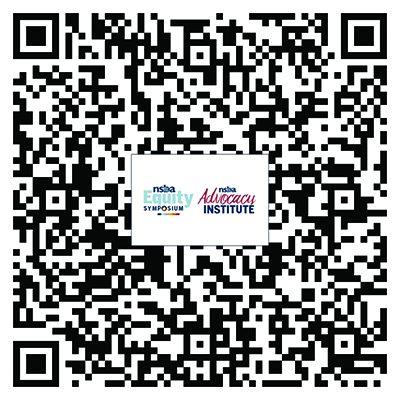

Multimedia
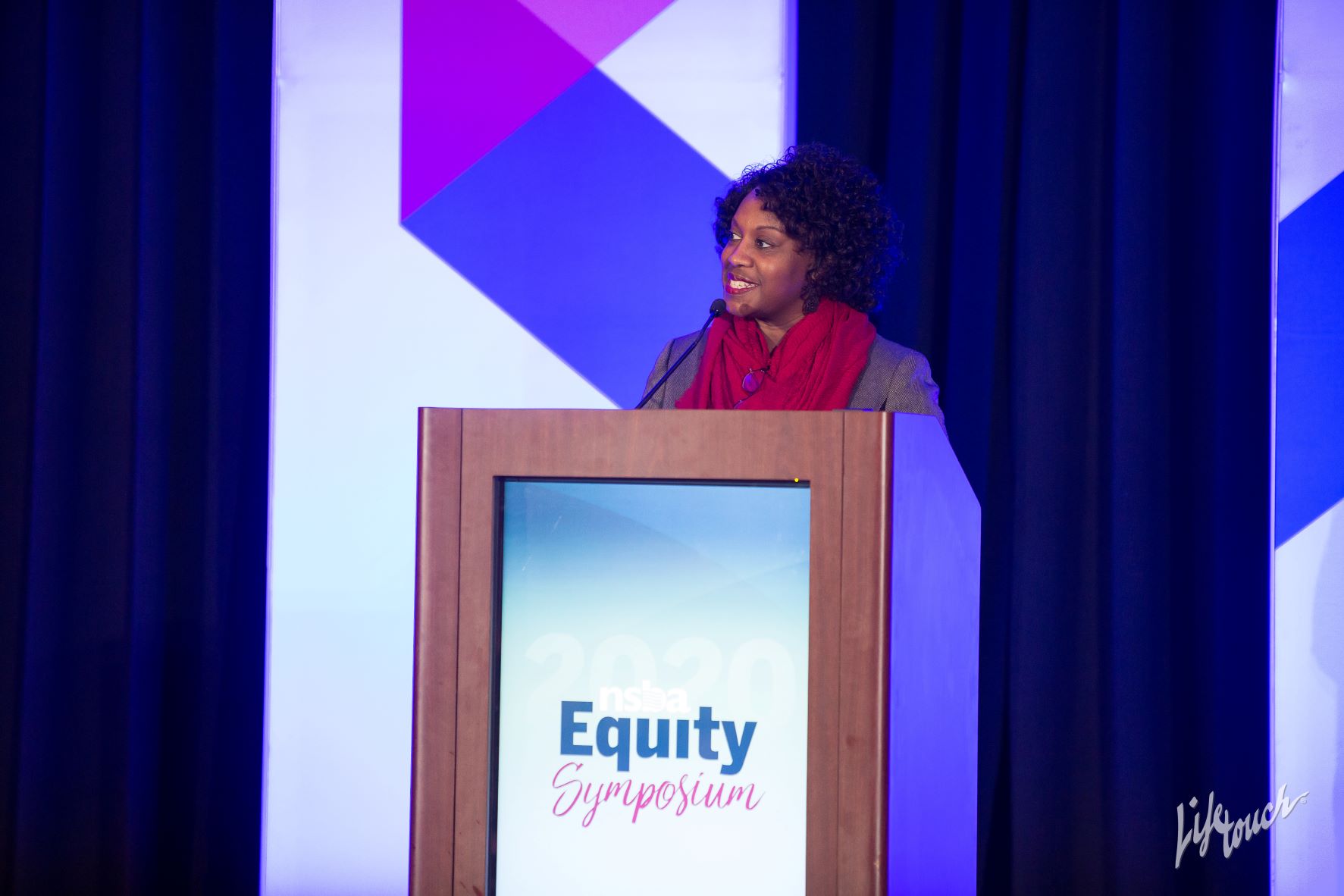
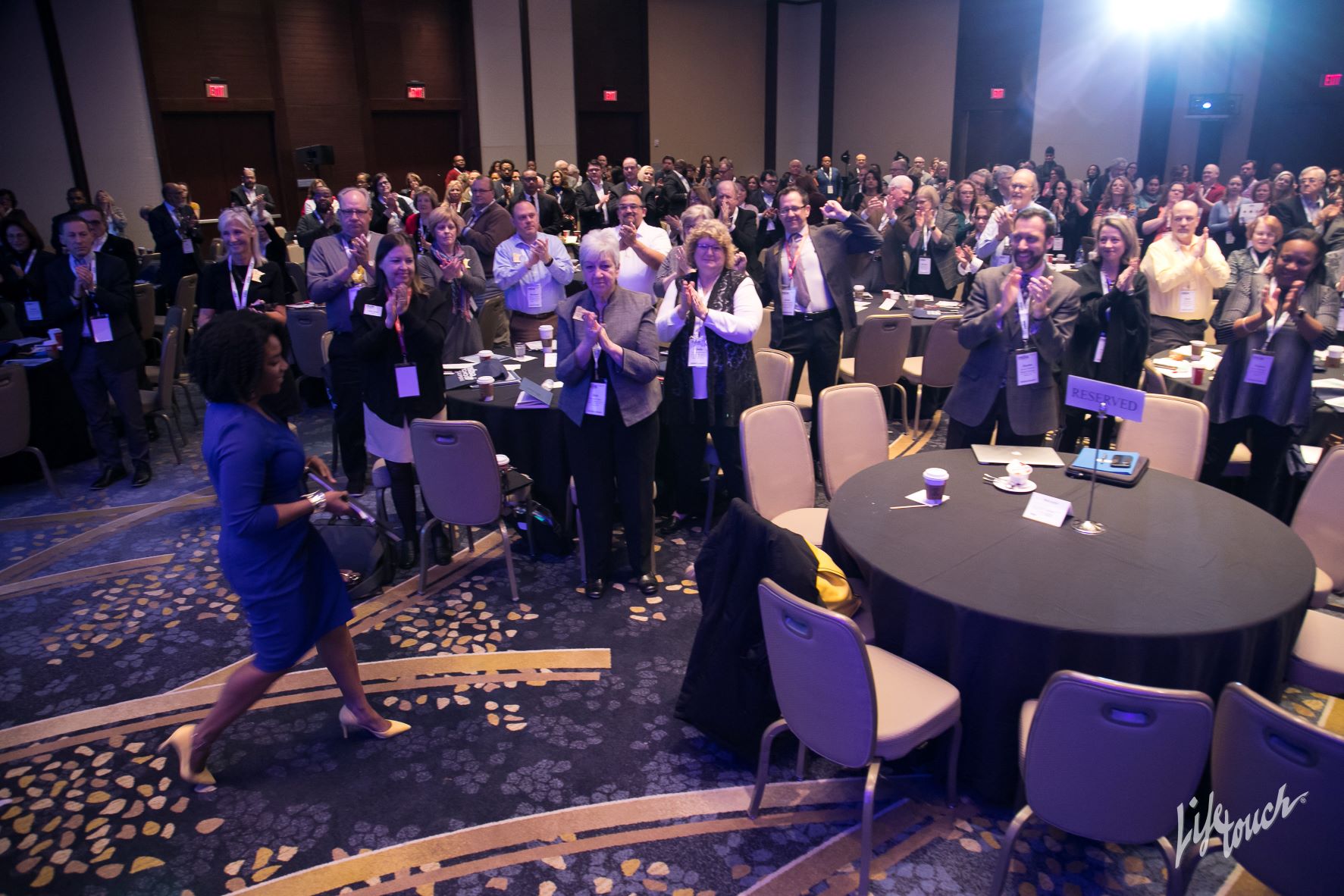
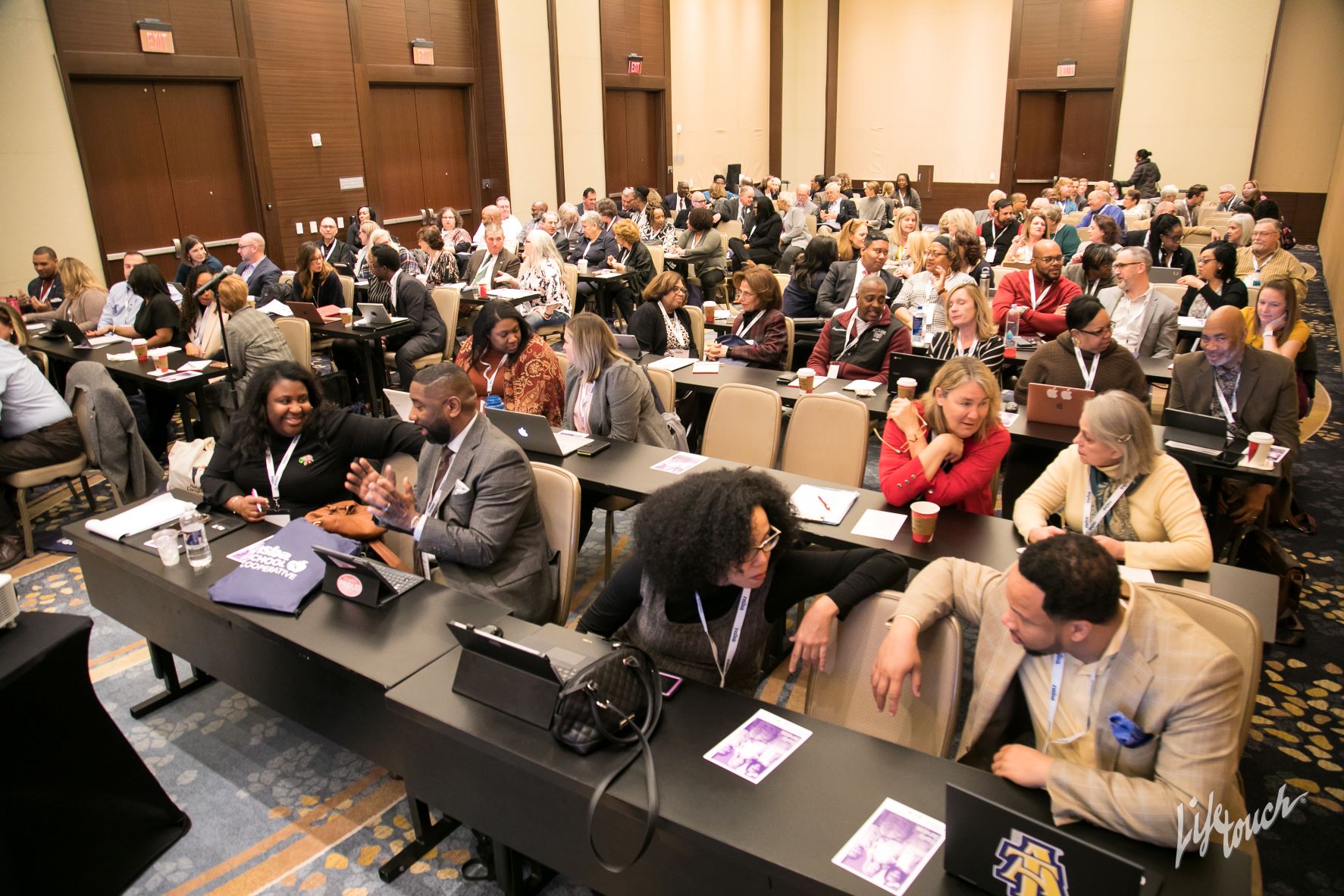
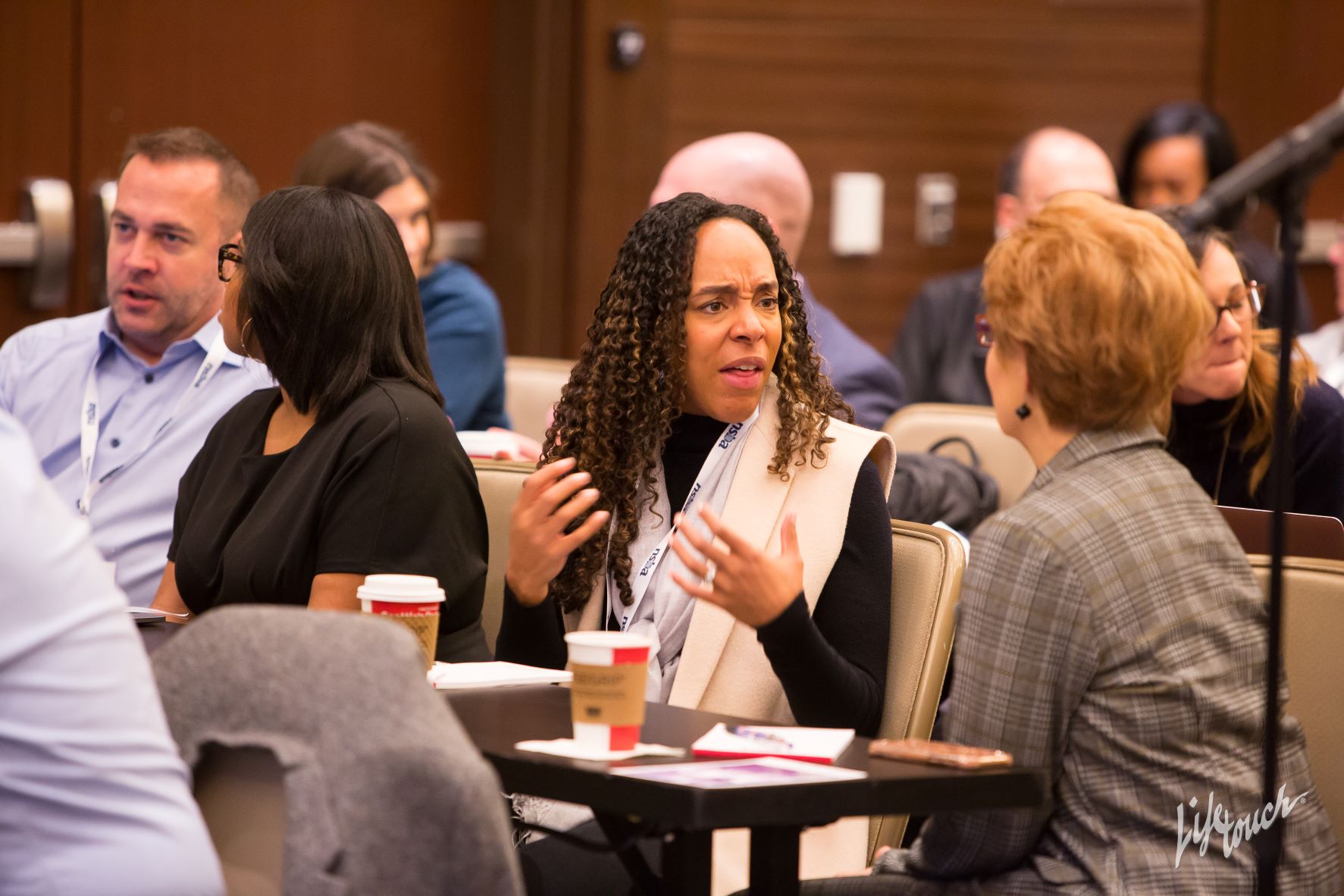
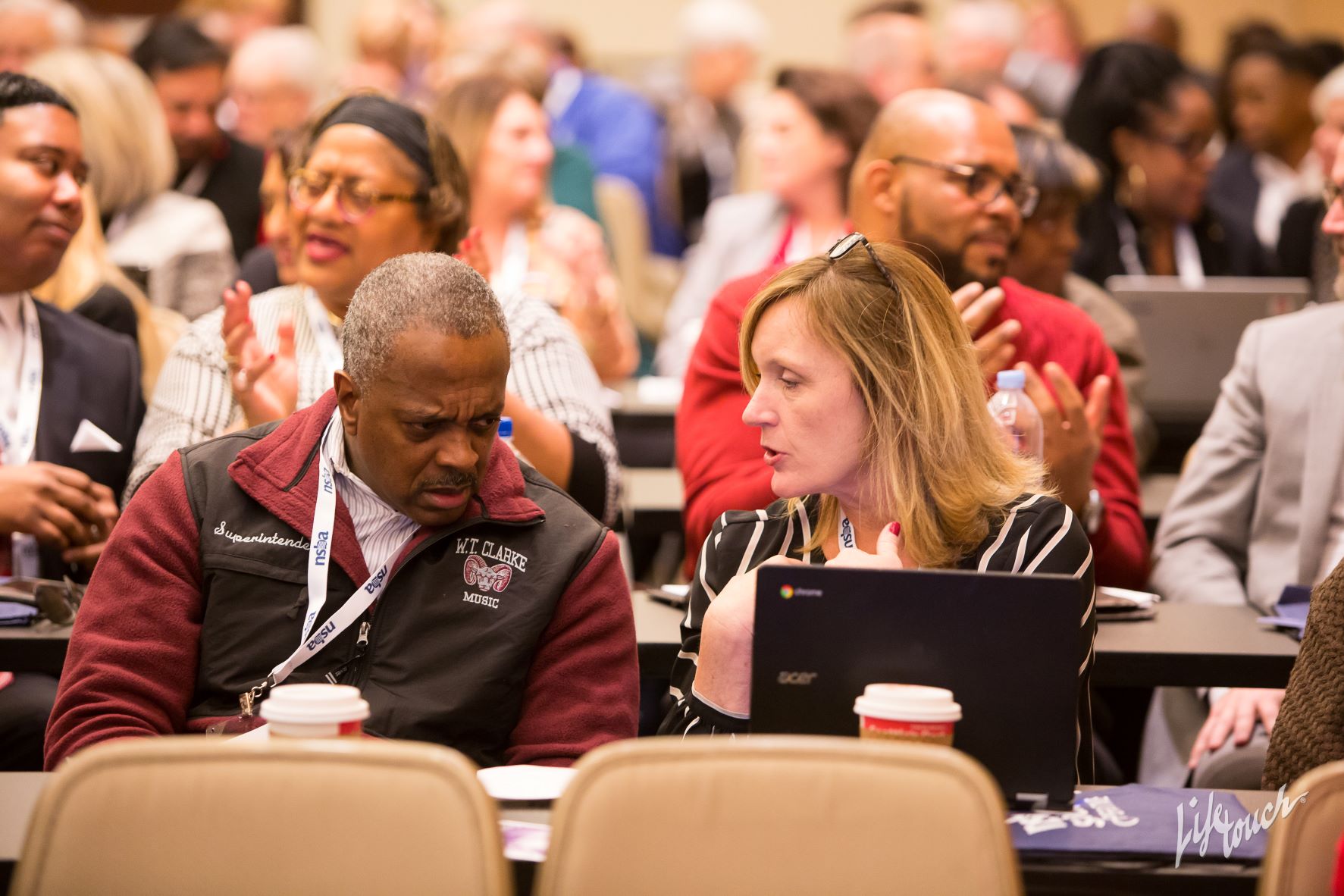
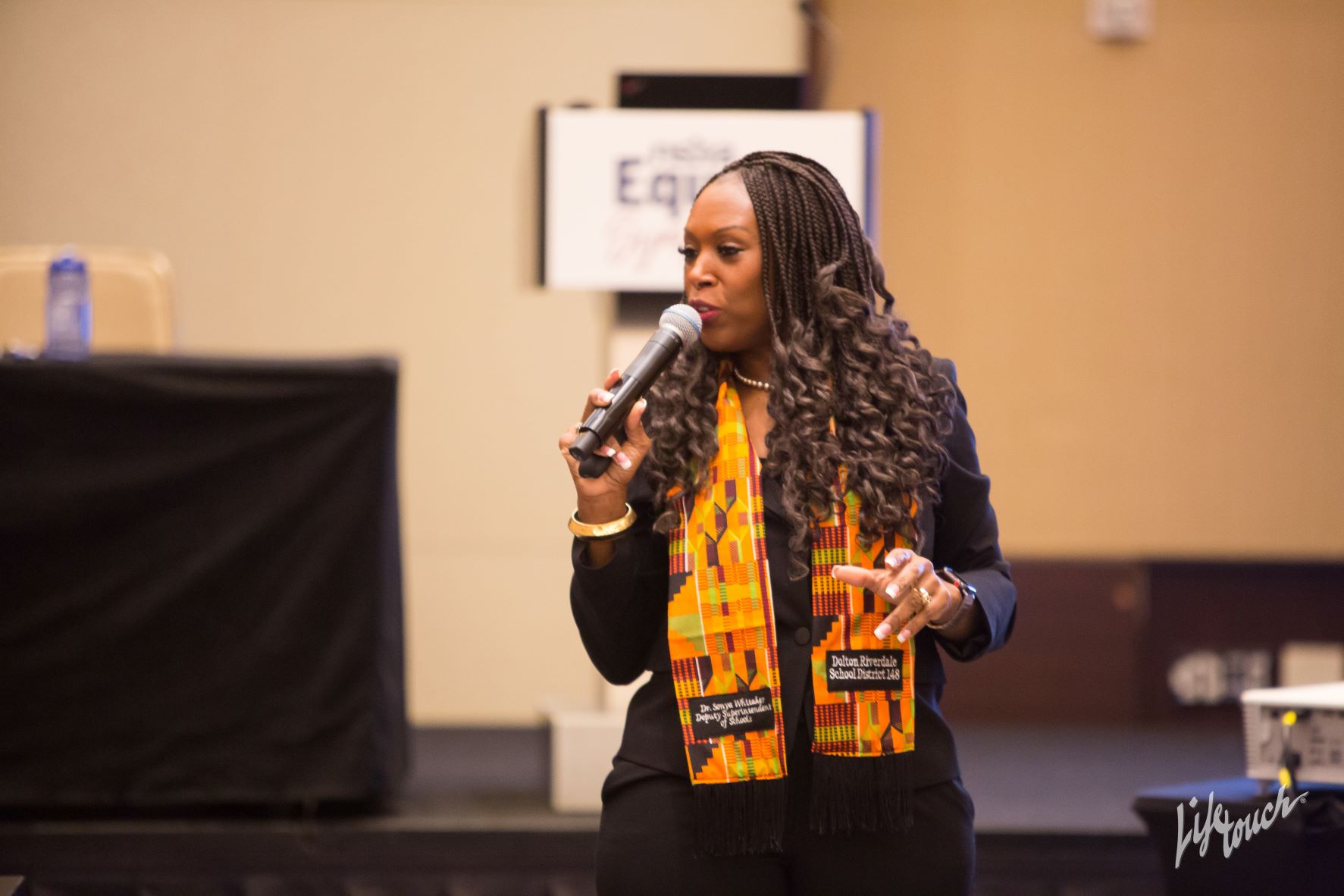
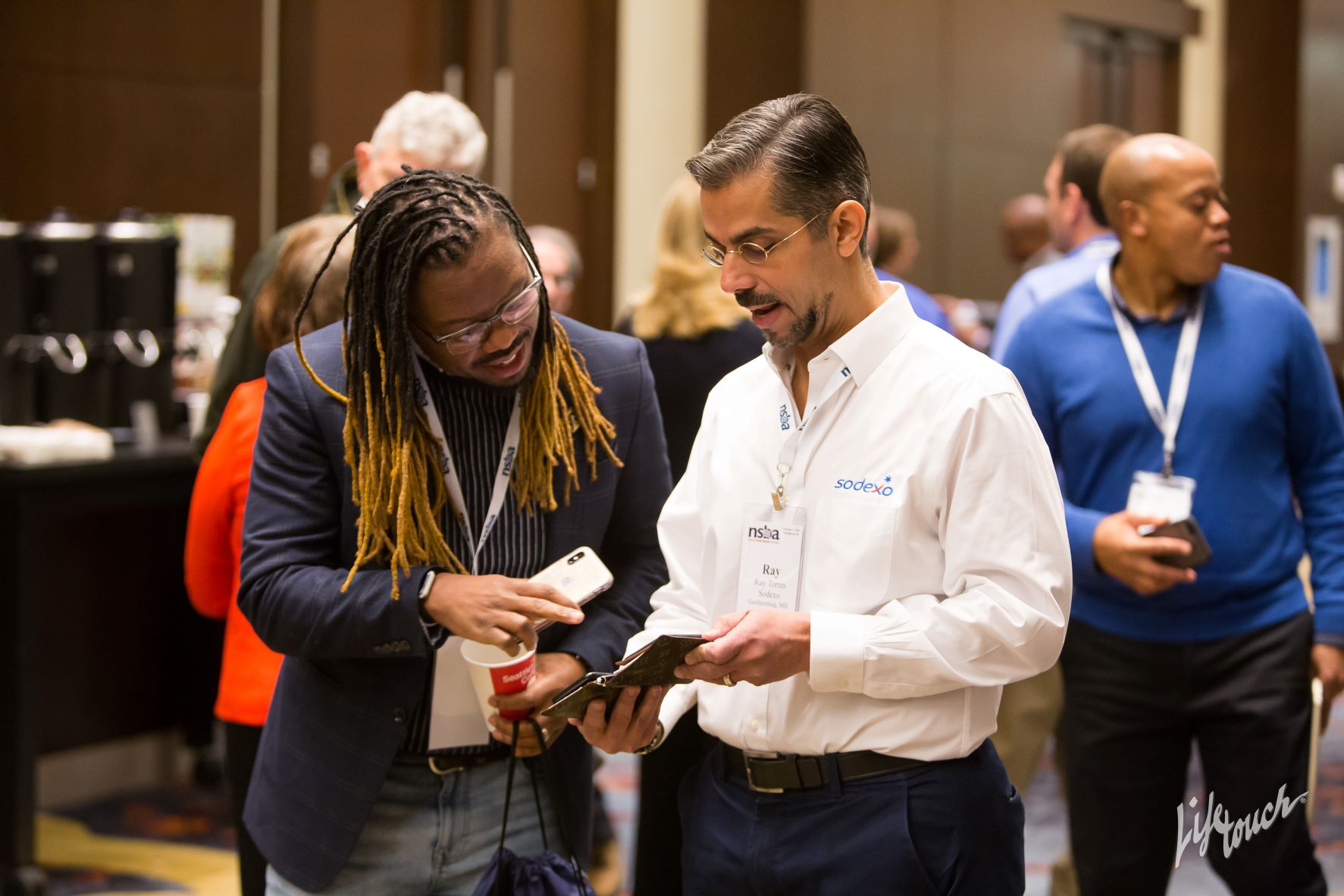
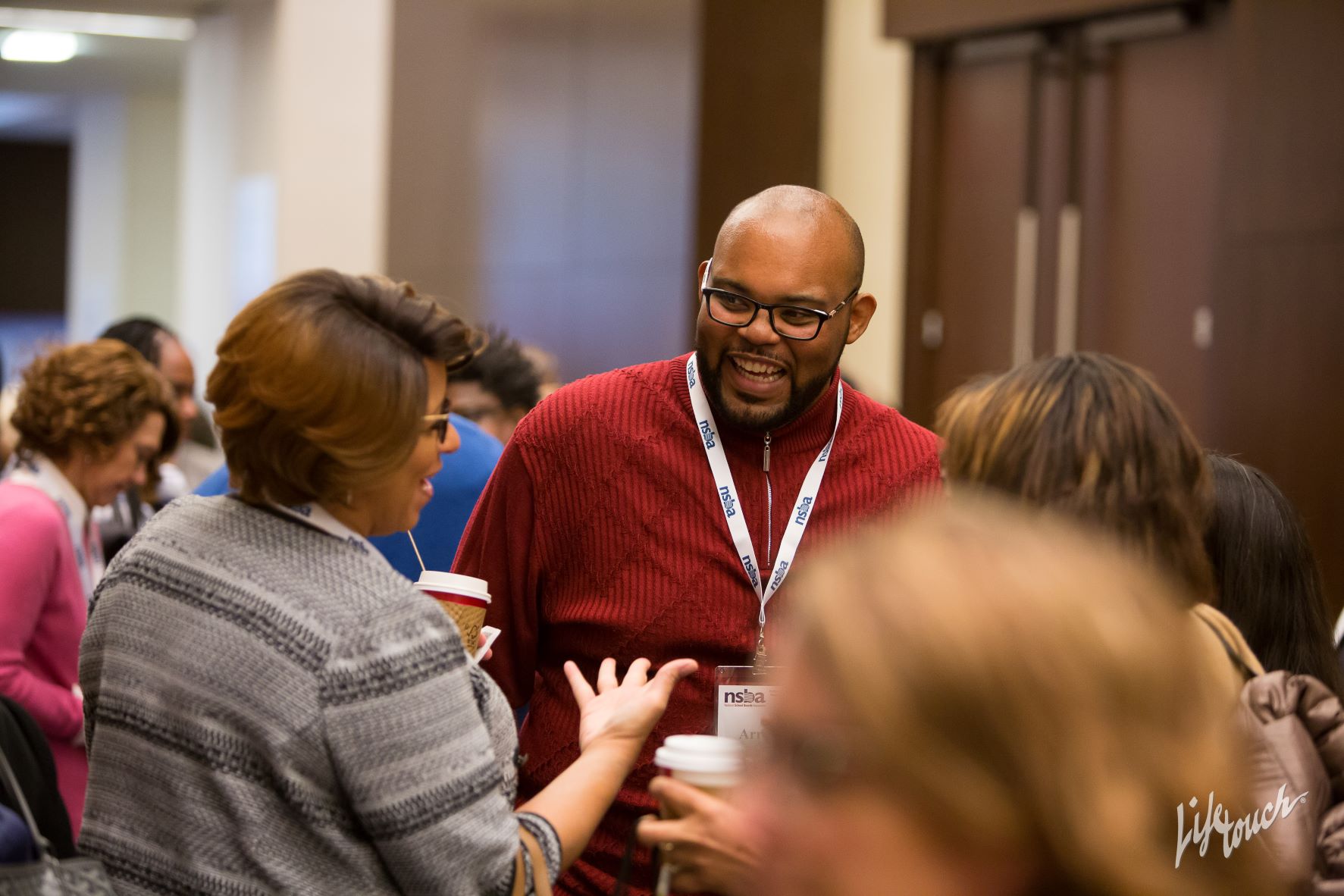
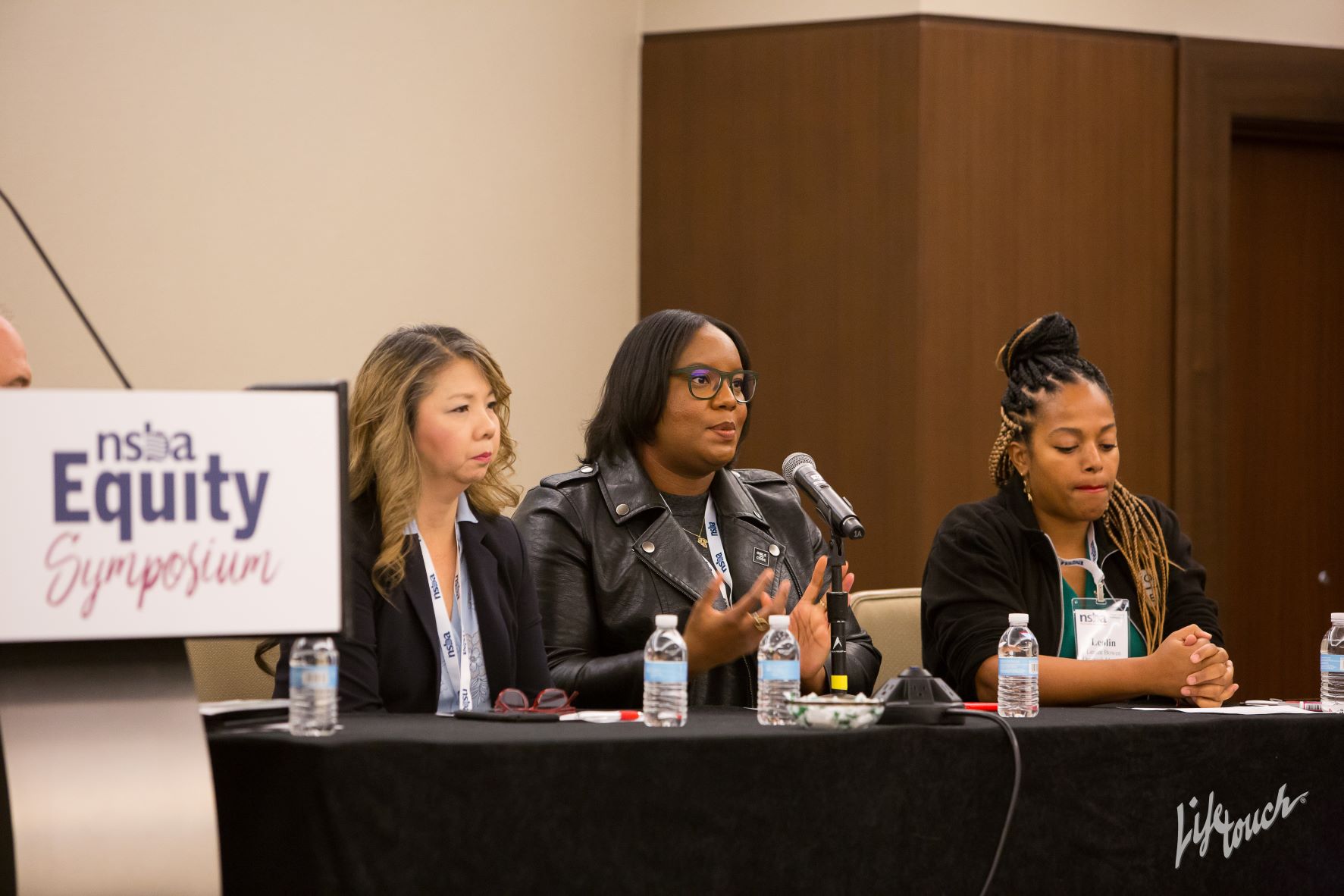
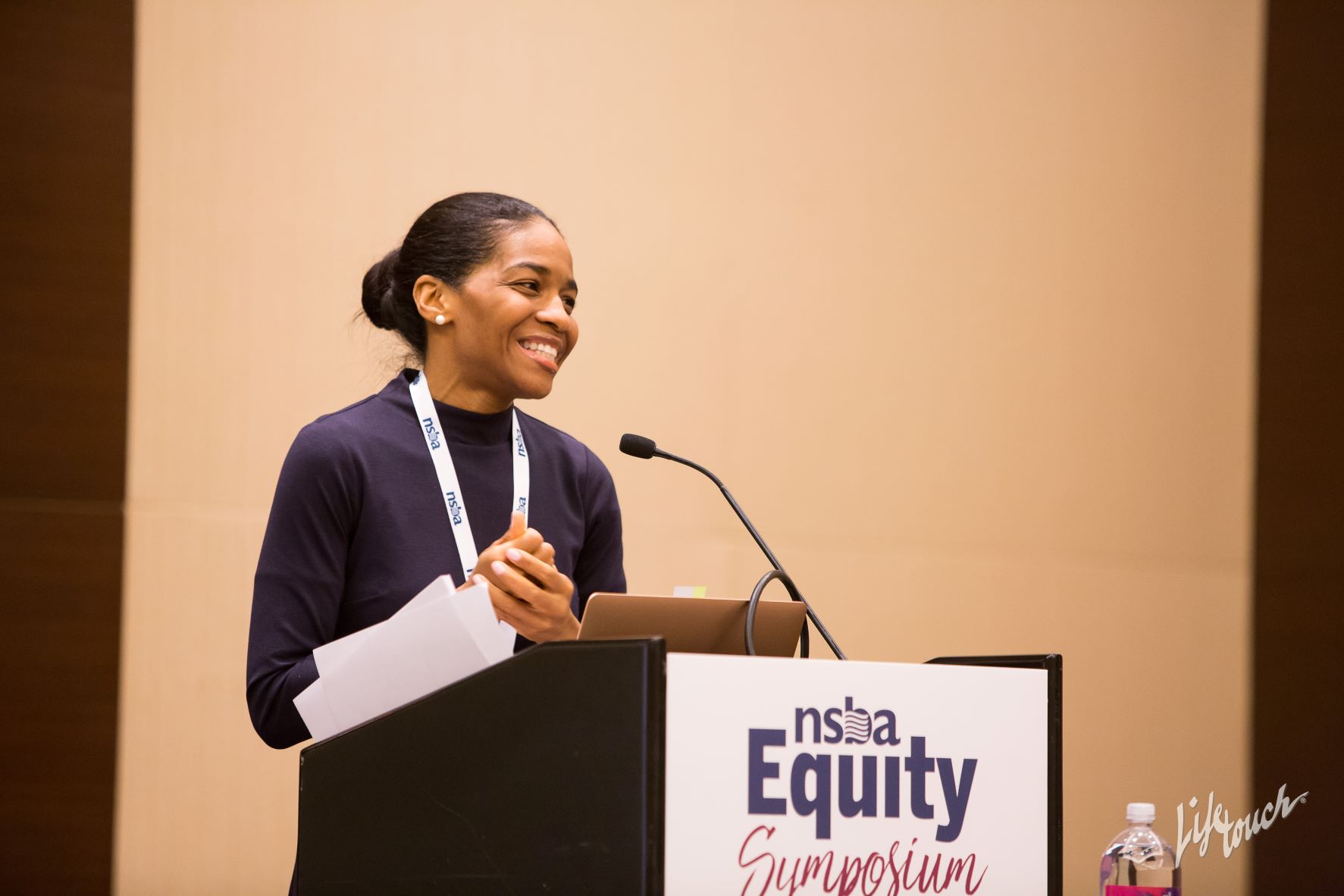
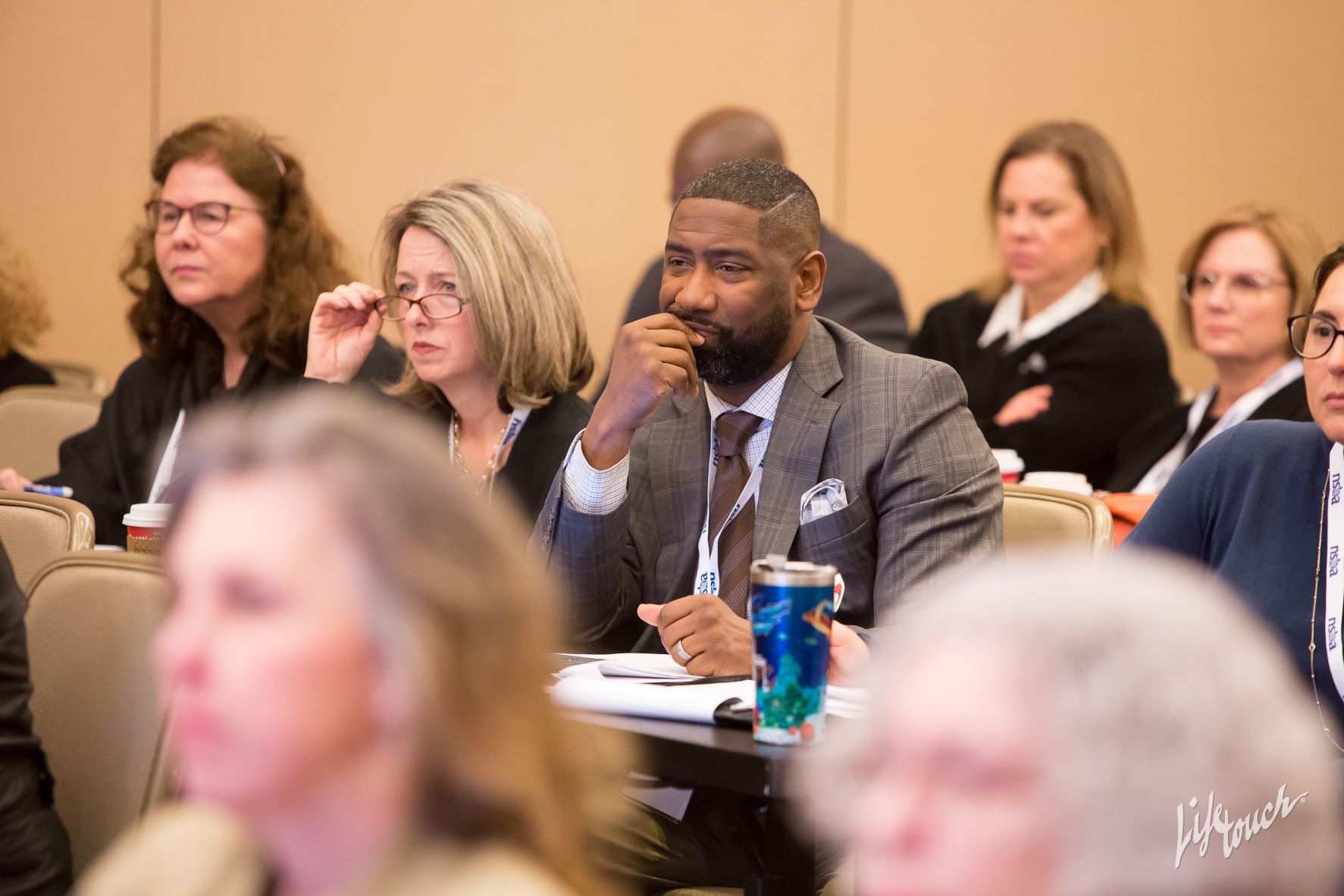
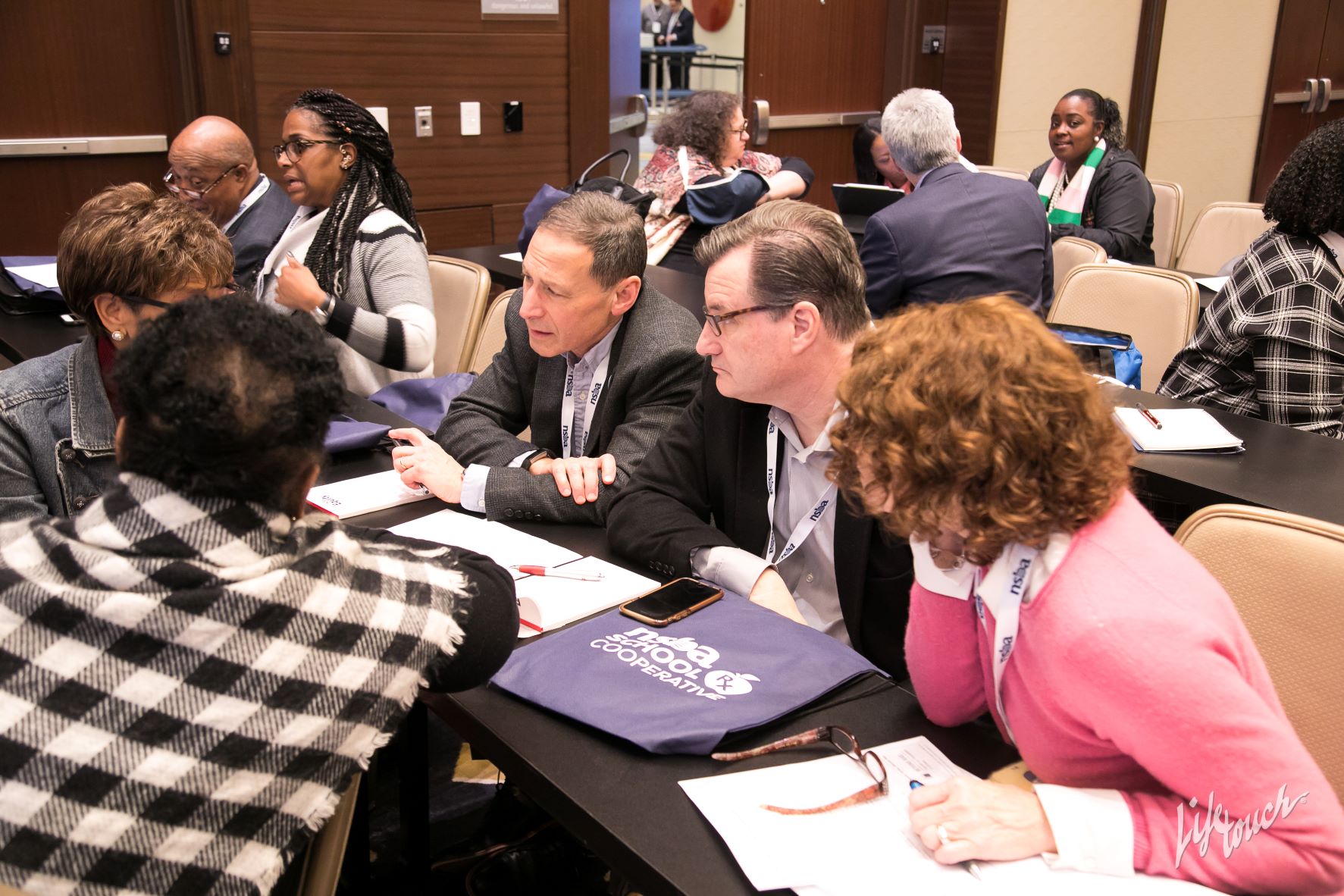
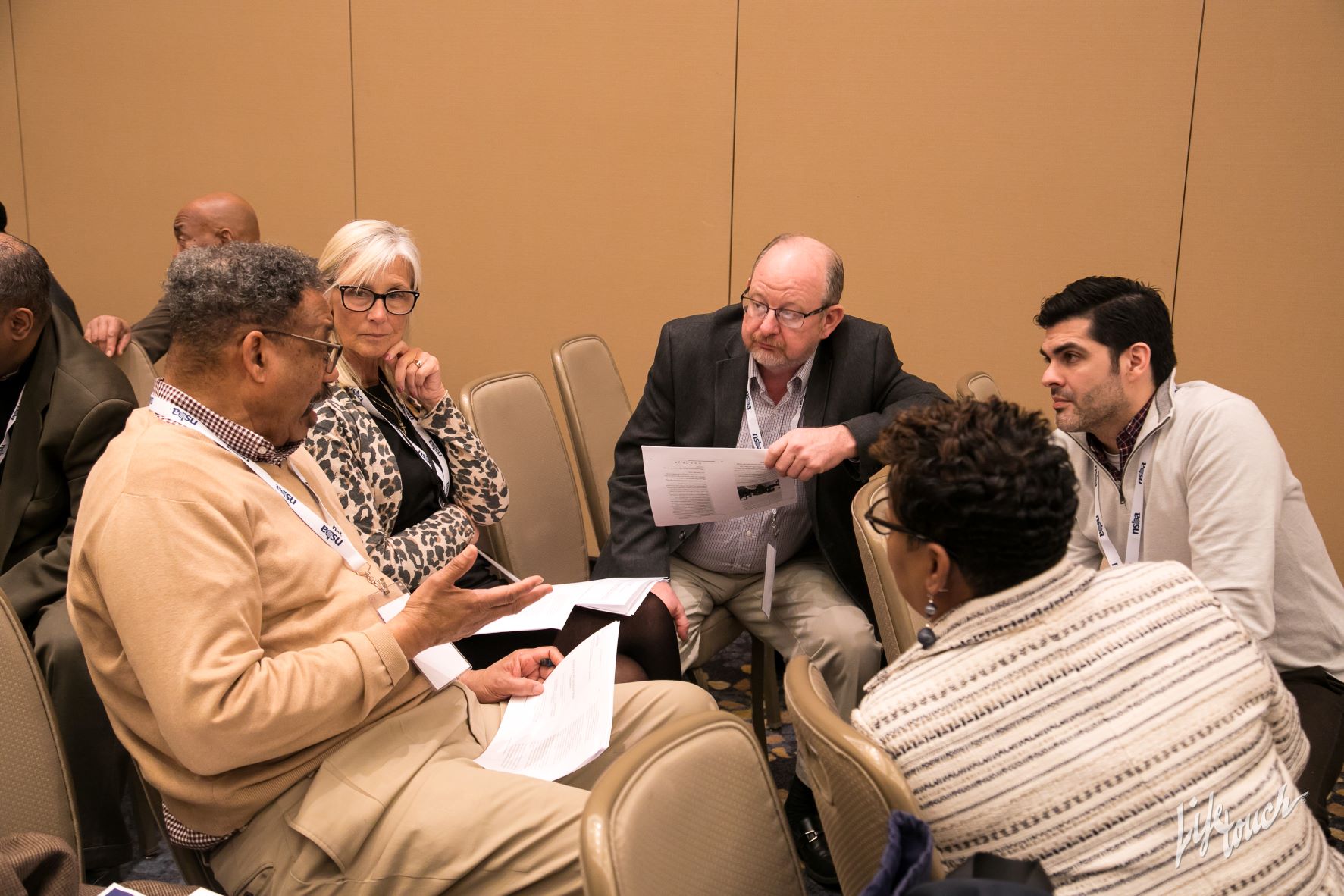
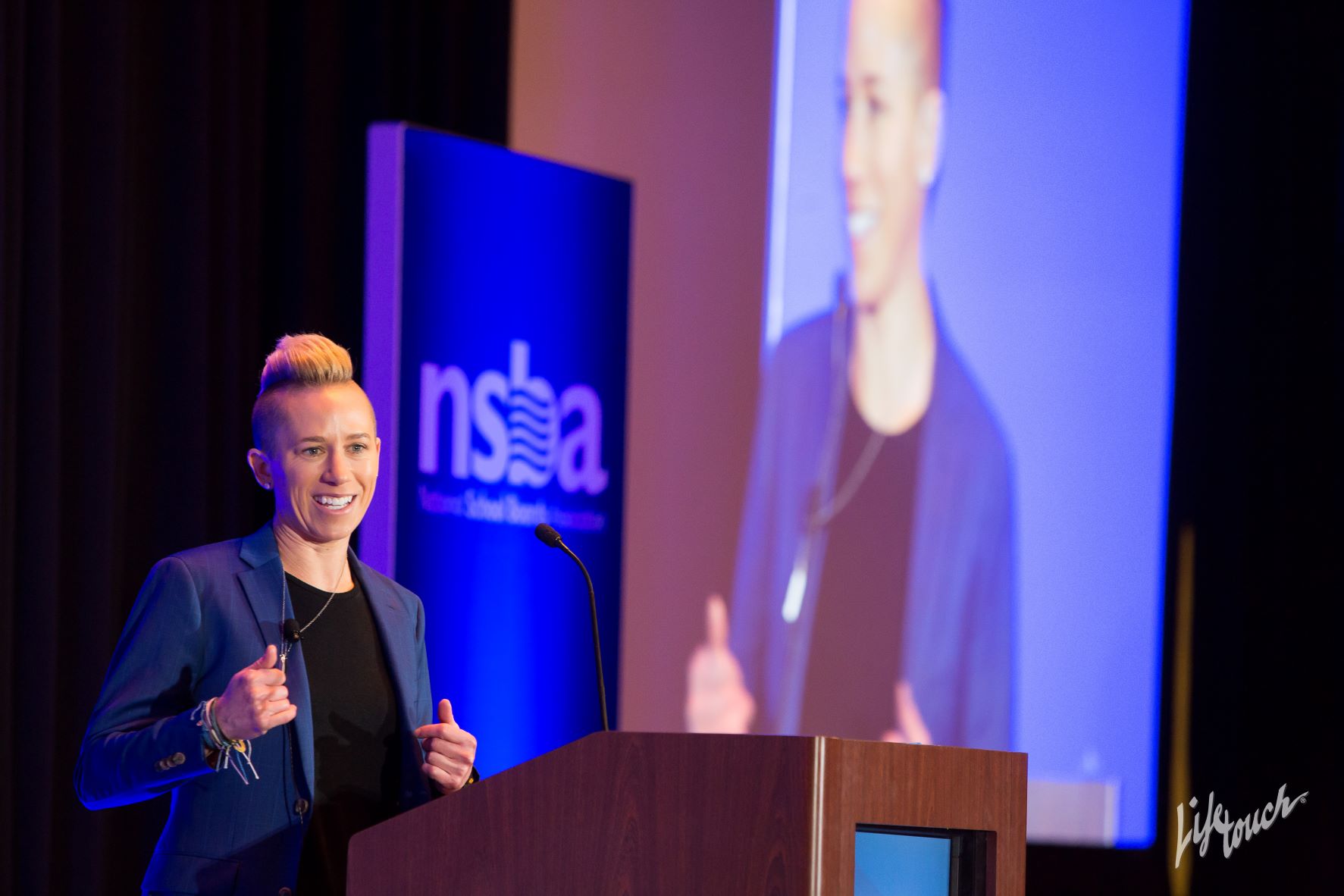
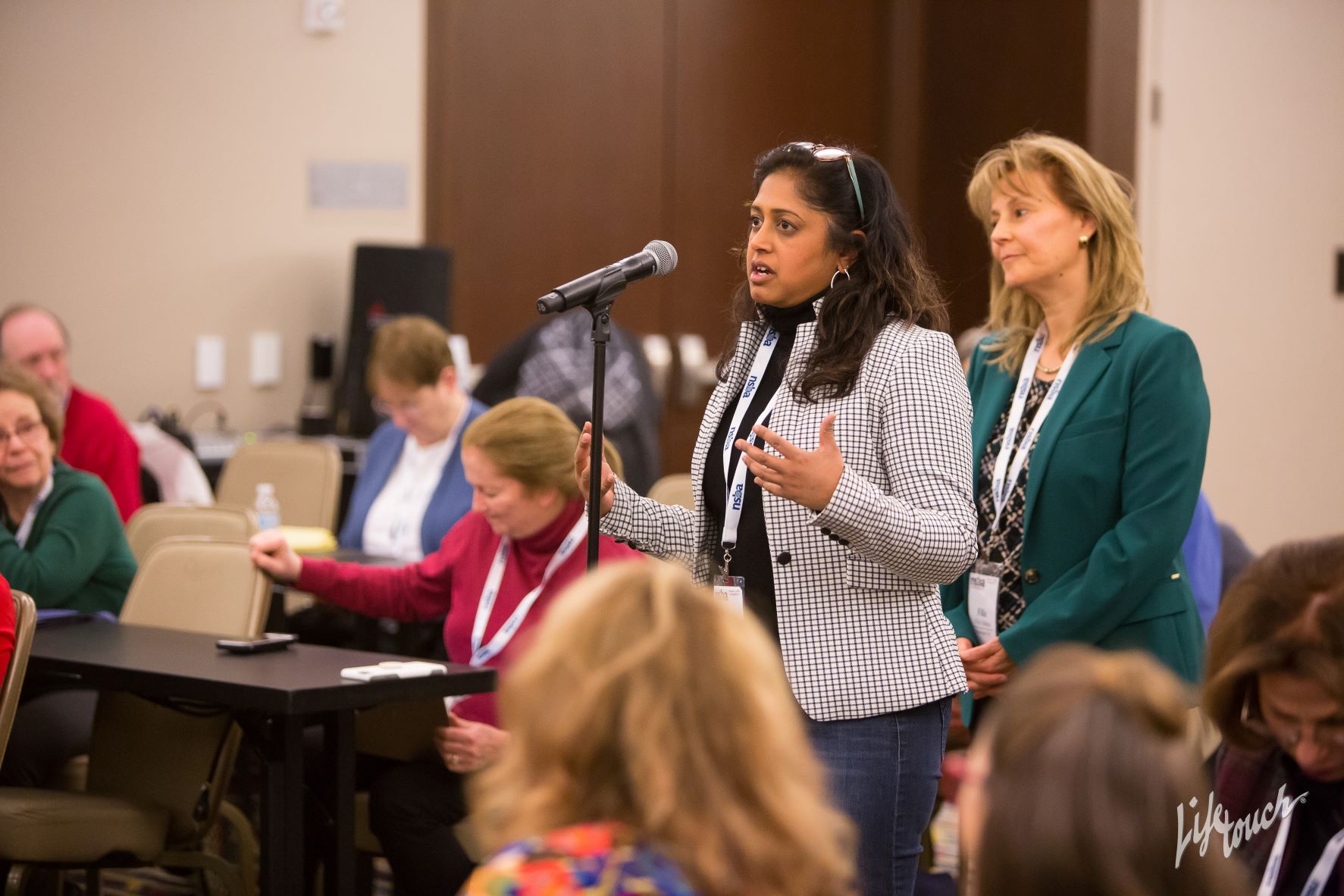
-
Stories and Research
The 2021 Magna Awards: Grand Prize & The 2021 Magna Awards: First Place
School districts both small and large across the country are removing barriers for students. The three Grand Prize 2021 Magna Award winners and 12 First Place winners exemplify school district innovation and creativity in achieving educational equity.
Bridging the Homework Gap
The work of a small urban district in southwestern Ohio to eliminate the homework gap during remote learning could serve as a model for schools across the country that collectively serve the 16.9 million children without high-speed internet.
Digital Equity for All
Digital inequity will lead to long-term consequences unless school board members place finding solutions to this issue at the top of their priority lists.
Justice Leaders
Washtenaw Intermediate School District Interim Superintendent Naomi Norman discusses how the Michigan district prioritizes equity, including its work with educators, nonprofits, and church leaders, to provide training on bias, diversity, race, and the long-term effect of poverty on generations of students.
To Live Out Loud
How some urban districts are leading the way in extending lifelines to LGBTQ students, a population who face higher rates of bullying, discrimination, rejection, and suicidality than their peers.
Love, Not Hate
As the nation grapples with a startling increase in hate crimes and high-profile attacks against Asians and Asian Americans, schools are doubling down on their commitment to AAPI students.
Online Discipline Gap
Exclusionary school discipline practices and policies have long been under fire for disproportionately increasing rates of suspension and expulsion of minority (especially Black), low-income, and special education students. Accounts suggested the same disparities were replicated in virtual learning during the pandemic
Dismantling Institutional Racism in Education (DIRE)
NSBA Chief Transformation Officer Verjeana McCotter-Jacobs explains the importance of NSBA’s Dismantling Institutional Racism in Education initiative and offers suggested actions for school leaders.
Equity Lessons Learned
The pandemic and protests over racial and social justice shined a light on how districts are dealing with long-standing inequities that students and staff of color face. A look at some of the lessons learned.
Diverse Teachers Matter
Recruiting and retaining teachers of color are essential to district equity efforts. How districts are developing a racially diverse workforce through grow your own programs, strategic partnerships, and other initiatives.
The Past Is Our Present
Educators across the country, including two former National Teachers of the Year, are rethinking how they teach U.S. history, incorporating relevant lessons and encouraging students to think critically.
Who Tells Your Story
Former Superintendent of the Pittsburgh Public Schools Linda S. Lane has been leading an effort since 2007 to encourage the College Board to offer an Advanced Placement Black History class. Why that remains important and a status update.
The Condition of Native American Students
Using federal data, NSBA’s Senior Research Analyst Jinghong examines educational trends for American Indian and Alaska Native students, who make up 1 percent of the student population.
Black Students in the Condition of Education 2020
Using federal data, NSBA’s Senior Research Analyst Jinghong examines educational trends for African American students and fids a very unsettling national picture